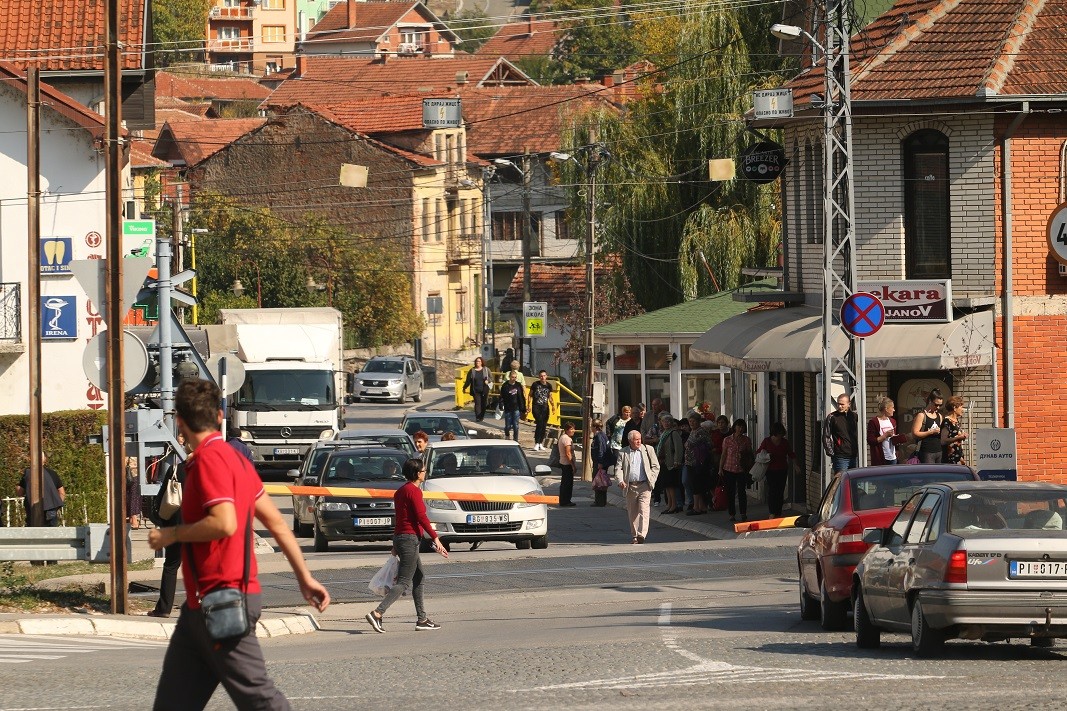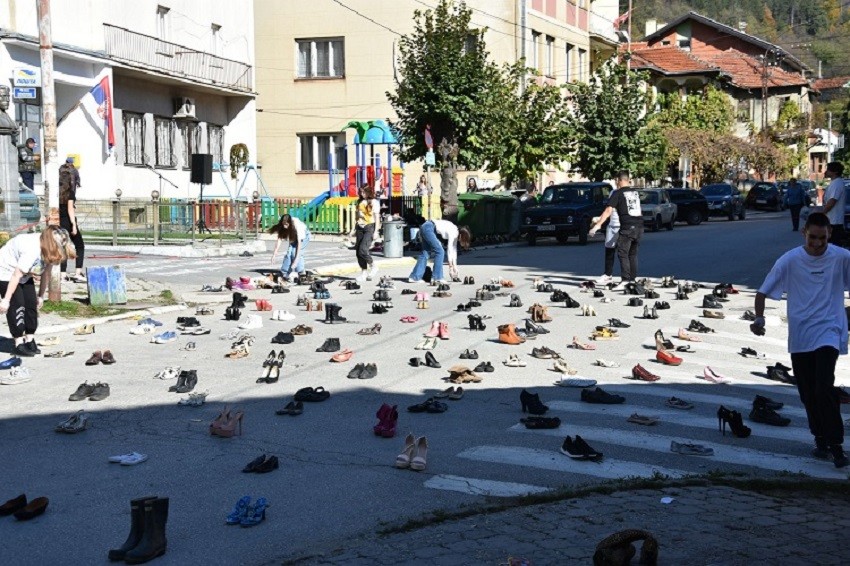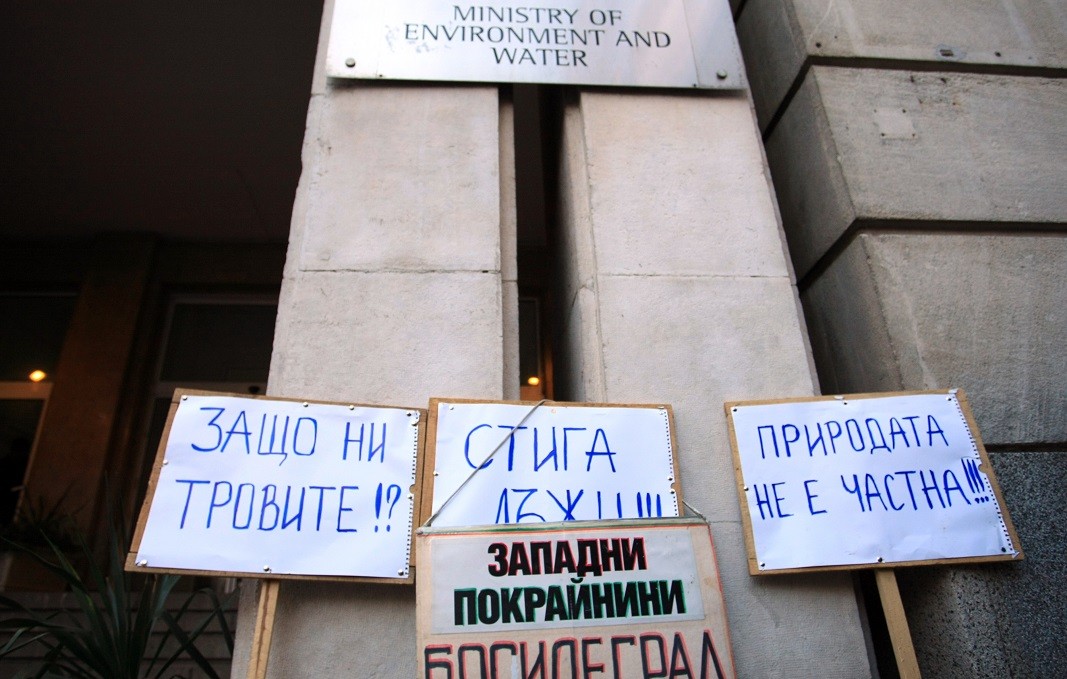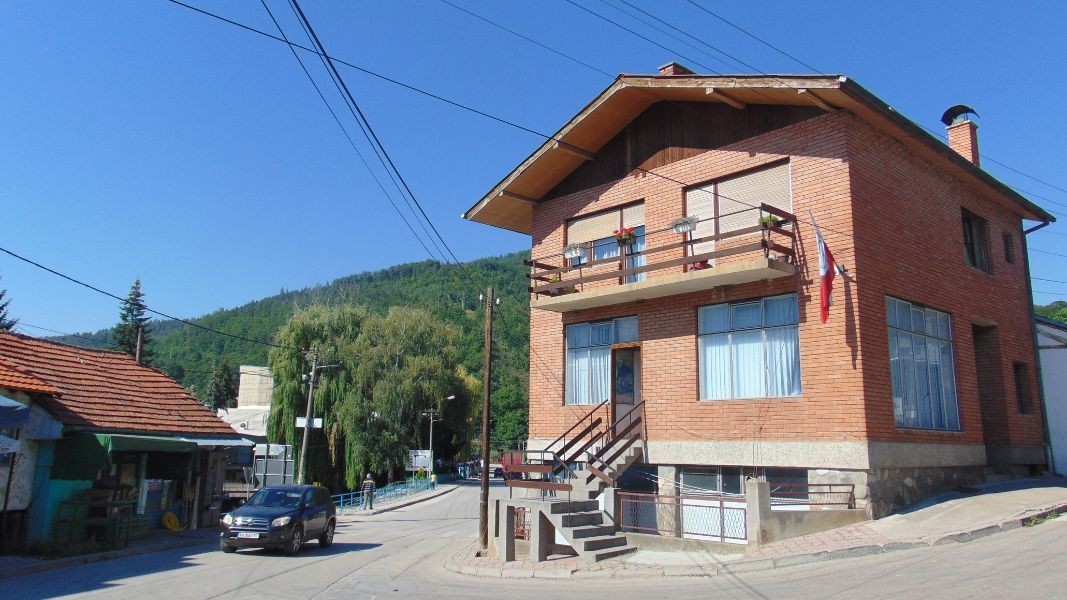The events of November 6-8, 1920, have marked with fear and sadness the life of the Bulgarians in the Western Outlands. The memory of the Serbian occupation of Bosilegrad, Tsaribrod and Struma region is alive in their collective consciousness. The consequences of Bulgaria's separation from its ancestral territories after the end of World War 1 are still visible today - 1,545 square kilometres, which include 25 villages and part of the lands of the Bulgarian towns of Trun and Kula. Ivan Nikolov, chairman of the Cultural and Information Centre in Bosilegrad, describes the life of the Bulgarians in the Western Outlands as a 100-year long war.
"We are now facing the consequences of the occupation and the subsequent hundred years of war aimed at depopulating and de-Bulgarising this region. From 100,000 people, which was the population during the occupation, in 2011 we were reduced to 18,500. These days, the population census in Serbia is coming to an end, and I expect that our total will turn out to be even smaller. You know that the Bulgarian municipalities in Serbia are among the worst in economic terms in the whole country. This has provoked strong migration to other parts of Serbia, Bulgaria and Western Europe. We can say that, on the whole, we are losing the battle in this century-old war."

Regardless of what the census results will show, Nikolov says he does not see silver lining for the future of the region:
"We are such a small minority that it no longer matters if people declare themselves to be Bulgarians, Serbs or other. The truth is that there are few people left physically in Bosilegrad and Tsaribrod, and the fear of declaring themselves Bulgarians already runs through their veins. People either choose not to declare themselves or look for another form of statement to avoid trouble."
"The fact that Bulgarian entrepreneurs have failed to break through and provide jobs and livelihoods to the population in the Western Outlands predetermines the future of the region," Nikolov explained and added:
"We see an aging population that is no longer of reproductive age, there are fewer children, the area is depopulating."

Environmental pollution problems, which Nikolov assesses as hopeless, further contribute to negative demographic trends west of the Bulgarian border:

"One of the two mines in the region is no longer in operation as it has not received permission from the Ministry of Energy. But the effects of poisonous water pouring into the river are permanent. It takes decades to clean up these toxic wastes. The other mine, however, continues to operate.
November 8 is the Day of the Western Outlands, which reminds us of the deep wound opened by the provisions of the Treaty of Neuilly, which cut off from Bulgaria the Tsaribrod, Bosilegrad, Kula, Trun and Struma regions.

On the eve of the commemorative day, on 6 November, Cultural and Information Centre in Bosilegrad will be presenting the volumes"The fate of the Bulgarians in the Western Outlands 100 years after Neuilly".
"We are talking about two volumes of the collected works (writings, speeches and reports) of a group of authors, who participated in our annual scientific conference, where we discuss different aspects of the life of the Bulgarian population in the Western Oitlands" - explained the chairman of the Bosilegrad's Cultural and Information Centre Ivan Nikolov.
Photos: BGNES, library, glaspress.rs
The Bulgarian minority in Romania marked a significant event with the official opening of the Bulgarian Inn in the village of Izvoarele (Hanul Bilgarilor), Teleorman County (Southern Romania)- a locality with Bulgarian roots dating back over 200 years...
The 14th edition of DiVino.Taste, Bulgaria’s leading forum for wines and winemakers, will take place from 28 to 30 November at the Inter Expo Centre in Sofia. Over 80 producers from all wine regions will participate, offering tastings of around 600 of the..
Minutes before the second and final reading, at the parliamentary budget and finance committee, of the state budget for 2026, the leader of the biggest party represented in parliament GERB Boyko Borissov halted the procedure and sent the draft bill..

+359 2 9336 661
